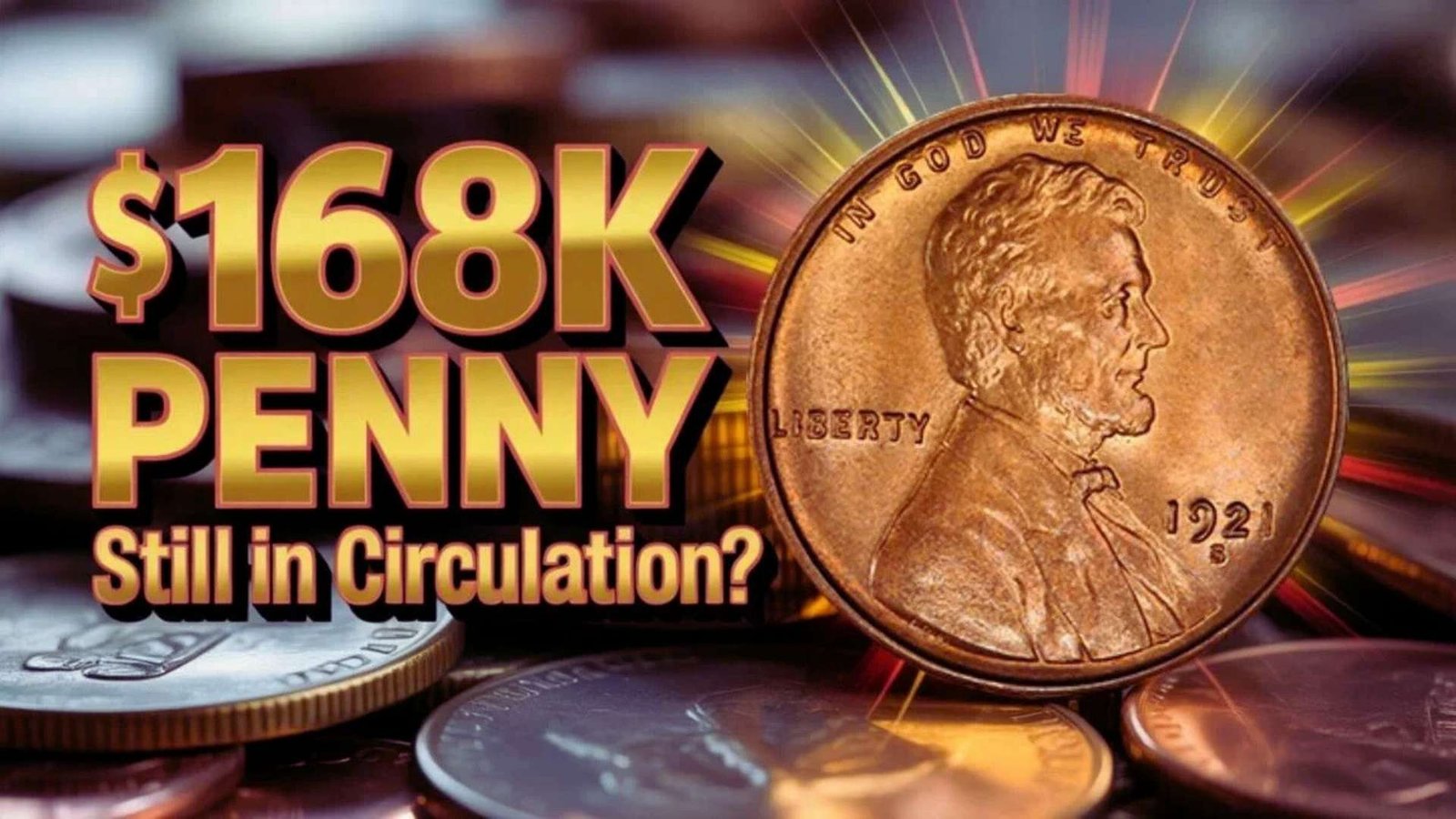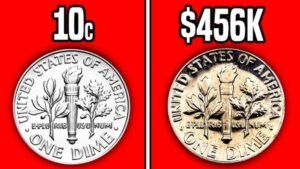Imagine paying for coffee with a penny that could secretly be worth $168,000. Sounds impossible, right? But the legendary Lincoln Wheat Penny has shocked collectors and everyday people alike with its sky-high value. The mystery? Some of these rare coins are still believed to be floating in circulation. Let’s uncover the hidden story behind this small copper treasure.
What Is the Lincoln Wheat Penny?
The Lincoln Wheat Penny, also called the “Wheat Cent,” was first minted in 1909 to honor the 100th anniversary of Abraham Lincoln’s birth. Instead of the modern Lincoln Memorial reverse, it features two wheat stalks framing the words “ONE CENT.” It was an ordinary coin with an extraordinary future.
A Brief History and Origins
From 1909 to 1958, the Wheat Penny became the standard U.S. cent. Early editions were struck in copper, but the 1943 steel cents—produced during WWII—stand out as oddities. Among these, rare minting mistakes and limited runs have created coins worth far more than a penny.
Why It’s Valuable Today
So why are some Wheat Pennies valued at over $100,000? It all comes down to rarity, condition, and minting errors. A handful of special versions—like the 1943 bronze penny or the 1955 doubled-die penny—are so scarce that collectors pay life-changing amounts for them.
The Penny Worth $168,000
One standout example is a 1943 bronze Lincoln Wheat Penny. While most 1943 cents were made of steel due to wartime copper shortages, a few bronze planchets accidentally slipped into production. These coins are so rare that they’ve sold at auctions for more than $168,000.
How to Spot a Rare Wheat Penny
Not every Wheat Penny is worth a fortune, but here’s what to look for:
- Mint year: Key dates like 1909-S VDB, 1914-D, 1922 no D, 1943 bronze, and 1955 doubled die.
- Condition: Coins with sharp details and little wear fetch much higher values.
- Errors: Misprints, doubling, or unusual materials can boost a penny’s value.
Rare Wheat Pennies and Their Value Range
| Year/Type | Key Feature | Value Range |
|---|---|---|
| 1909-S VDB | Designer initials VDB | $700 – $15,000 |
| 1914-D | Low mintage Denver issue | $200 – $14,000 |
| 1922 No D | Missing mintmark error | $500 – $12,000 |
| 1943 Bronze | Wrong metal, rare error | $100,000 – $168,000+ |
| 1955 Doubled Die | Strong doubling on obverse | $1,000 – $15,000 |
Notable Facts That Will Surprise You
- Only a handful of 1943 bronze Wheat Pennies are known to exist.
- One example sold for $1.7 million in 2010, setting records.
- Collectors often check rolls of pennies from banks hoping for a jackpot find.
Expert Tips to Maximize Your Search
- Always check your change — rare pennies have been found in everyday transactions.
- Use a magnifying glass to spot doubling or mintmark issues.
- Consider professional grading from PCGS or NGC if you think you’ve found something special.
Circulating vs Rare Wheat Pennies
| Category | Common Wheat Penny | Rare Wheat Penny |
|---|---|---|
| Face Value | $0.01 | $0.01 |
| Typical Market Value | $0.05 – $5 | $1,000 – $168,000+ |
| Availability | Common in rolls | Extremely rare |
| Collector Demand | Moderate | Extremely high |
FAQs
Q: Are Wheat Pennies still in circulation today?
A: Yes, though rare. Many still turn up in coin rolls or pocket change.
Q: How can I tell if I have a valuable Wheat Penny?
A: Check the year, mintmark, and look for errors. Comparing with collector guides helps.
Q: Is it worth saving all Wheat Pennies?
A: Absolutely—while most are common, you never know when a rare one might show up.
Conclusion: The Penny That Could Change Your Life
The humble Lincoln Wheat Penny proves that even the smallest coin can carry massive value. With some editions reaching $168,000, it’s a reminder that treasures often hide in plain sight. So next time you spot a Wheat Penny, don’t dismiss it—it might just be your ticket to an incredible discovery.




